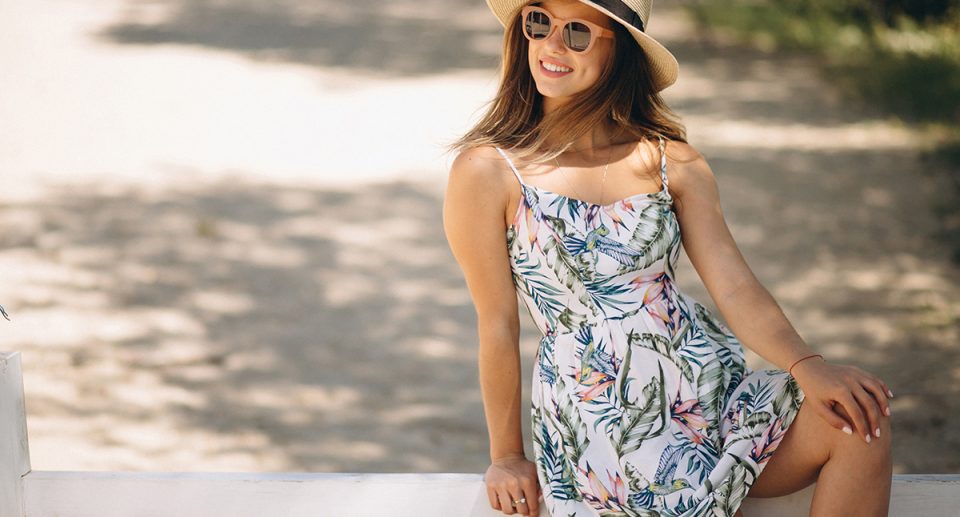The influence of social media on the world of fashion
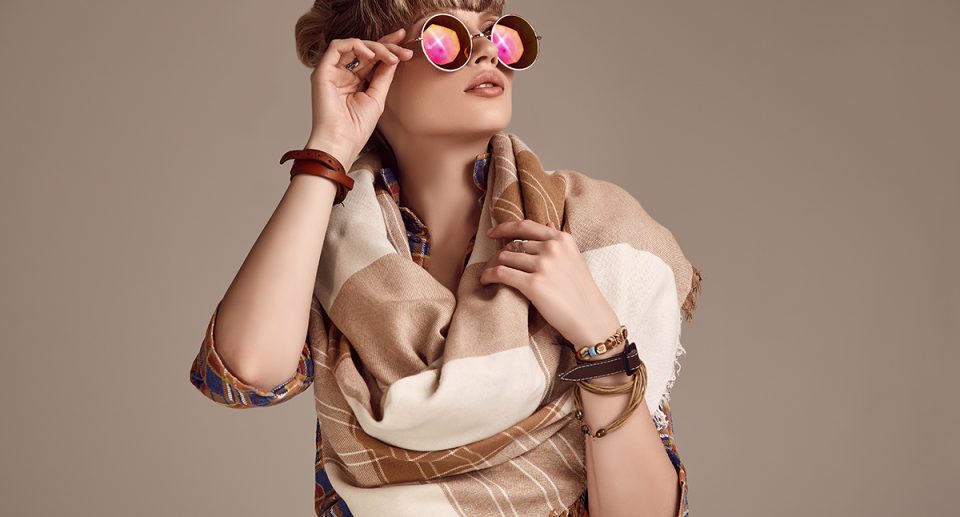
In the fast-paced digital world we live in, the influence of social media on different sectors is profound, and the world of fashion is no different.
Through the power of real-time connectivity, these online platforms have transformed the way fashion trends emerge, develop, and eventually disappear, bringing together designers, influencers, and consumers from around the world.
In this comprehensive examination, we explore the complex interplay between social media and the and the world of fashion, investigating how the online realm has fundamentally reshaped the industry, its major participants, and the constantly evolving preferences of the global audience.
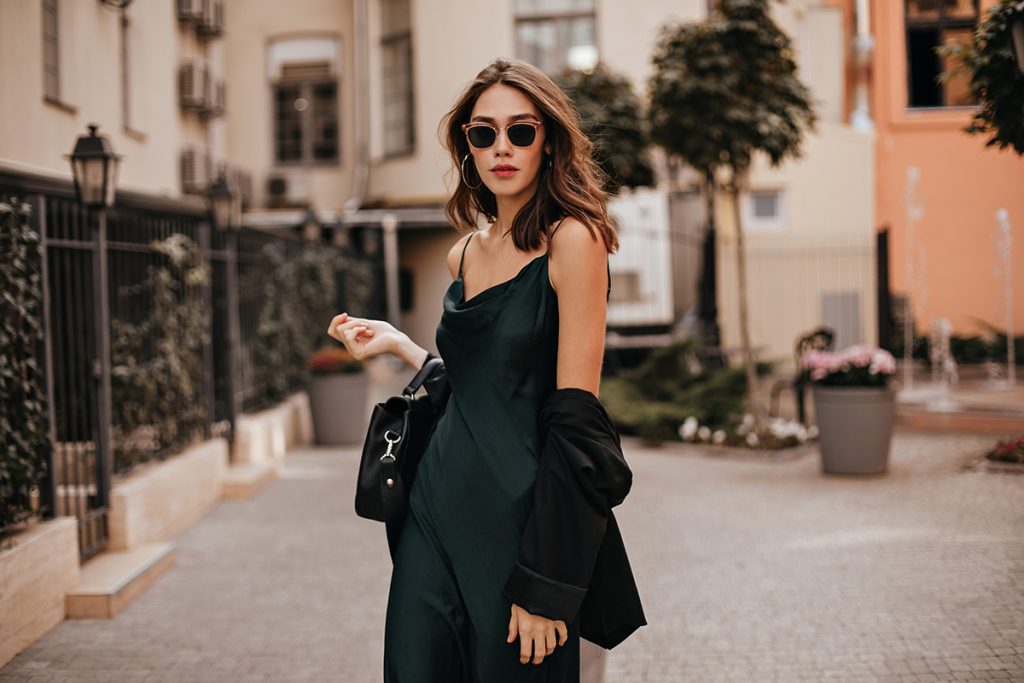
Top social media and fashion trends
Virtual influencers, Augmented Reality shopping & sustainable fashion
Virtual influencers and models like Lil Miquela and Imma have the potential to gain even more popularity on social media, utilizing their realistic appearance and distinct style to secure brand endorsements, magazine features, and collaborations.
The integration of augmented reality (AR) experiences in online shopping may become more prominent, enabling users to virtually try on clothing, accessories, and makeup before committing to a purchase.
With growing awareness of environmental concerns, social media platforms could play a larger role in promoting sustainable fashion trends, emphasizing eco-friendly practices such as clothing swaps, rentals, and the purchase of second-hand garments.

Customization and personalization, inclusive fashion & mental health awareness
Customization and personalization in fashion can be enhanced through the use of technologies such as AI-driven analysis and 3D printing. These advancements enable fashion brands and influencers to provide users with highly personalized style recommendations and the option to create custom-made garments.
Social media has the potential to drive greater inclusivity in the world of fashion by promoting diverse representation. This includes advocating for body positivity, gender-neutral clothing options, and the development of adaptive designs for individuals with disabilities.
Fashion influencers may increasingly share their experiences and struggles with mental health, raising awareness and promoting self-care. They can incorporate wellness-focused fashion items into their wardrobes, highlighting the importance of relaxation techniques and mental well-being.
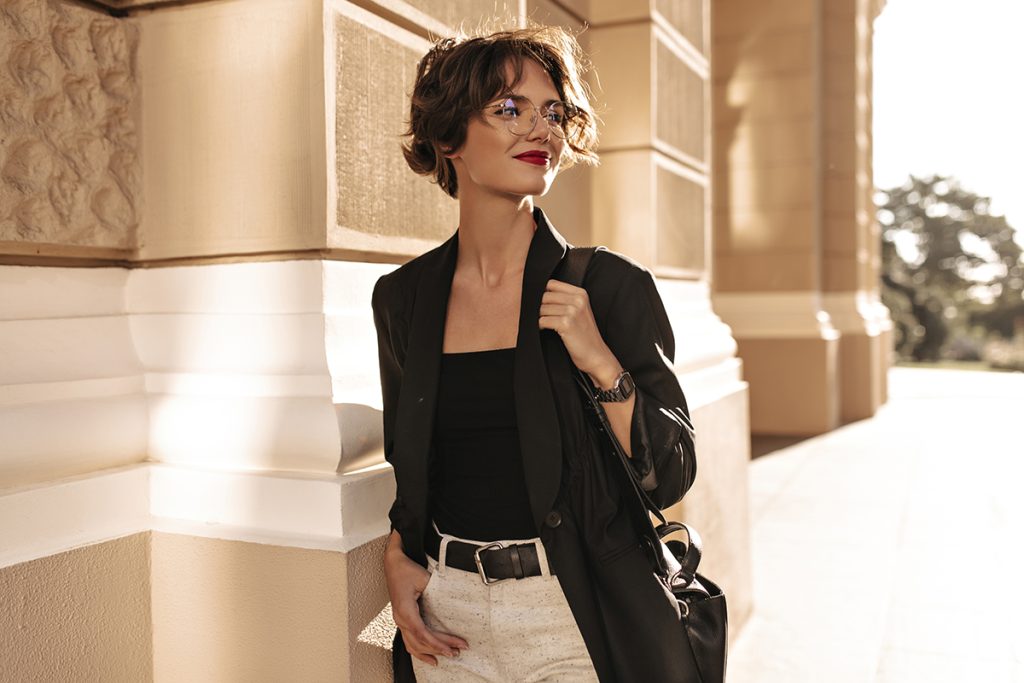
Collaborative fashion, gaming-inspired fashion & live shopping
The fashion industry may witness the emergence of collaborative efforts between influencers and their fans, resulting in co-created fashion collections and design processes. Social media platforms will serve as a means for crowdsourcing ideas and fostering a sense of community involvement.
The rising prominence of gaming culture is likely to influence fashion brands and influencers, who may infuse gaming aesthetics into their clothing collections. This fusion of virtual and real-world experiences will give rise to unique and innovative fashion trends.
Influencers will increasingly engage in live shopping events, providing followers with real-time interactions and the opportunity to immediately purchase items featured on social media platforms. This interactive approach enhances the shopping experience and promotes instant engagement with the showcased fashion products.
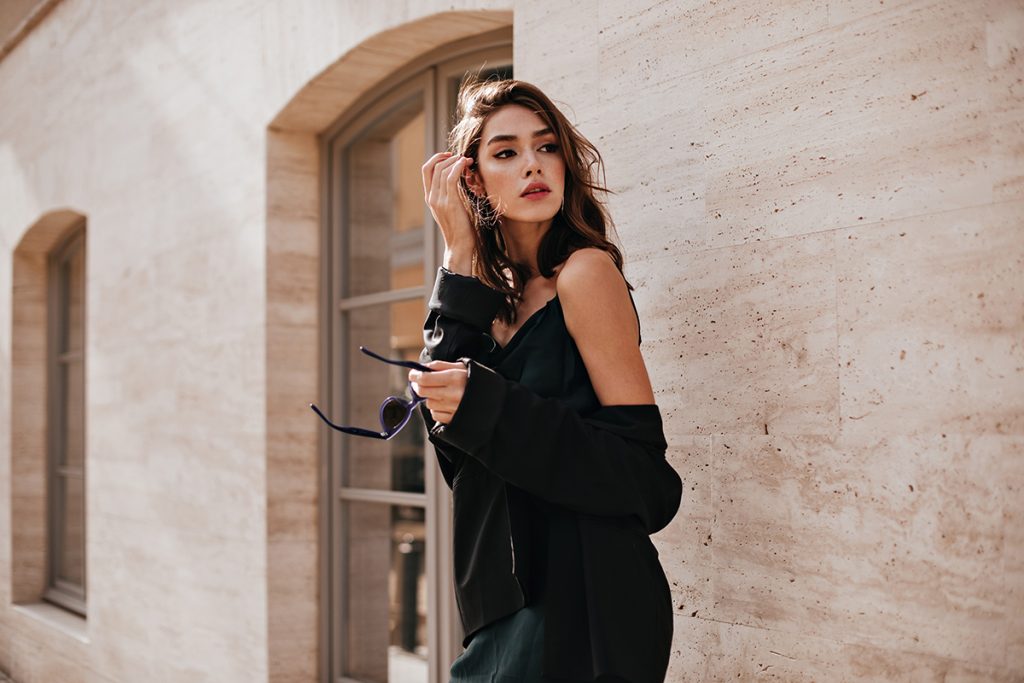
Socially conscious brands, streetwear culture & celebrity fashion lines
The influence of social media can contribute to the growing demand for fashion brands that prioritize ethical production methods, fair labor practices, and philanthropic initiatives. Consumers are increasingly drawn to brands that align with their values, and social media platforms play a significant role in driving awareness and demand for socially conscious fashion.
The dominance of streetwear fashion in social media is expected to continue as influencers and popular brands collaborate to release limited edition collections and exclusive drops. This collaboration-driven approach generates excitement and fosters a sense of exclusivity, making streetwear a prominent trend on social media platforms.
Celebrities are likely to further explore their influence in the world of fashion by creating and promoting their own clothing collections on social media. With their personal style and strong online presence, celebrities can leverage their platforms to introduce unique fashion lines, thereby leaving their mark on the industry and attracting a dedicated following.
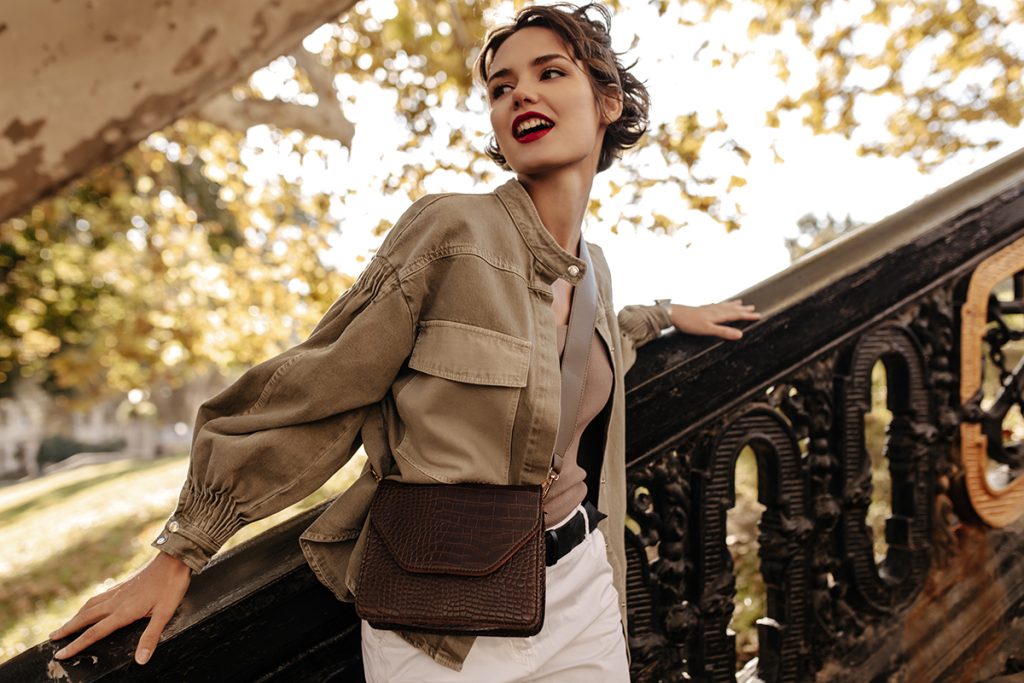
Virtual fashion events, TikTok and short-form video & digital fashion and NFTs
In response to the limitations imposed by global events, virtual fashion events and shows are expected to become more prevalent. These events allow social media users to experience the exclusivity and glamour of high-end fashion shows from the comfort of their own homes, bridging the gap between physical and digital experiences.
Fashion influencers are likely to increasingly leverage platforms like TikTok and other short-form video platforms to showcase outfit inspiration, offer DIY styling tips, and provide glimpses into the fashion world through quick behind-the-scenes content. These platforms offer a dynamic and engaging way to connect with followers and share fashion-related content.
As the virtual and physical worlds continue to intertwine, the concept of digital fashion items and non-fungible tokens (NFTs) may gain more prominence. This emerging trend creates a market for owning and displaying digital clothing through NFTs on social media platforms, blurring the boundaries between fashion and digital art.
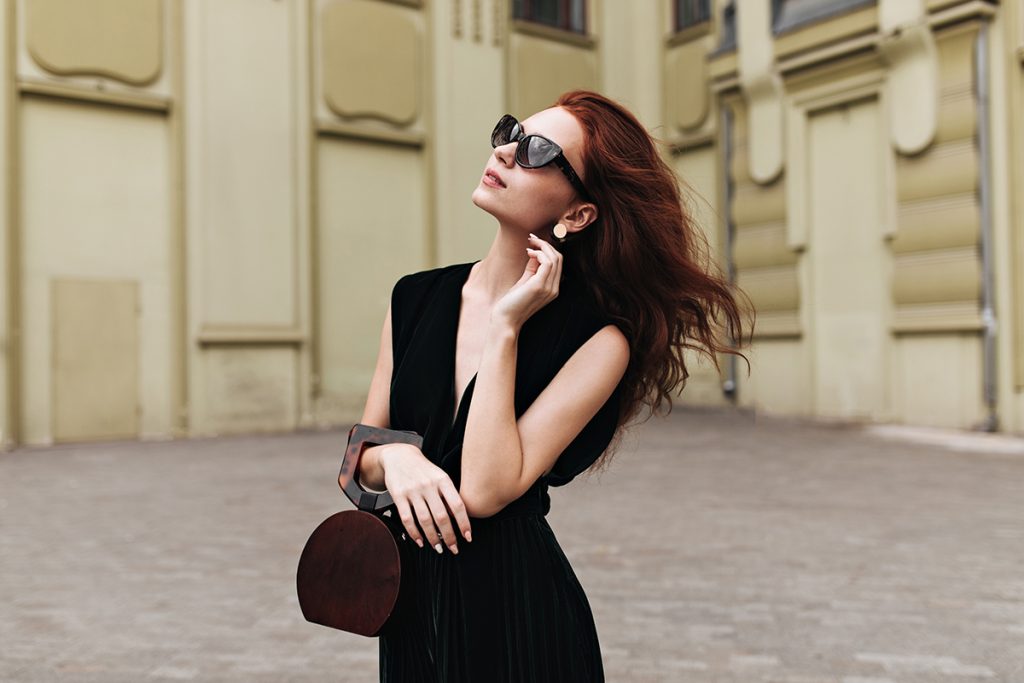
Intermediate conclusion
The intersection of social media and fashion is poised for transformative changes as technology advances and social issues evolve. Virtual influencers and models are anticipated to take center stage, representing brands and gracing the covers of magazines. Augmented reality is set to revolutionize the online shopping landscape, offering users the ability to virtually try on garments before making a purchase.
Sustainable fashion trends will gain increasing momentum as environmental awareness grows. The world of fashion will see a surge in eco-friendly practices such as upcycling and second-hand shopping, driven by the promotion of responsible consumption and environmental consciousness.
Customization, personalization, and inclusivity in fashion will be advanced through the integration of AI, 3D printing, and social media campaigns that prioritize diverse representation. These technological advancements will enable fashion brands to offer personalized experiences and garments tailored to individual preferences. Furthermore, the industry will prioritize inclusivity by promoting diversity and representation across social media platforms.
The importance of mental health awareness will be recognized by fashion influencers, who will incorporate self-care practices and wellness-focused fashion items into their content. This shift will contribute to a holistic approach to fashion, emphasizing the well-being and mindfulness of individuals.
Collaboration between influencers, fans, and the incorporation of gaming aesthetics will foster innovation in fashion collections. By leveraging the creativity and input of their followers, influencers and brands will create unique and exciting collaborations that resonate with their audience.
The rise of virtual fashion events will cater to remote audiences and adapt to major global events. These events will provide an immersive experience for viewers, allowing them to participate in high-end fashion shows from the comfort of their own homes.
TikTok and other short-form video platforms will continue to play a significant role in the fashion industry, as influencers utilize these platforms to share quick styling tips, outfit inspiration, and behind-the-scenes glimpses. The popularity of these platforms will expand the reach of fashion influencers and enhance audience engagement.
In conclusion, the emergence of digital fashion and non-fungible tokens (NFTs) is poised to revolutionize the world of fashion, bridging the gap between the virtual and physical realms. This integration allows for the ownership and display of digital clothing on social media platforms.
These transformative trends are expected to shape the future of social media and fashion, fundamentally altering the way we engage with and perceive fashion in our daily lives. They offer new avenues for consumption, creation, and experience, opening up exciting possibilities for the future of fashion.
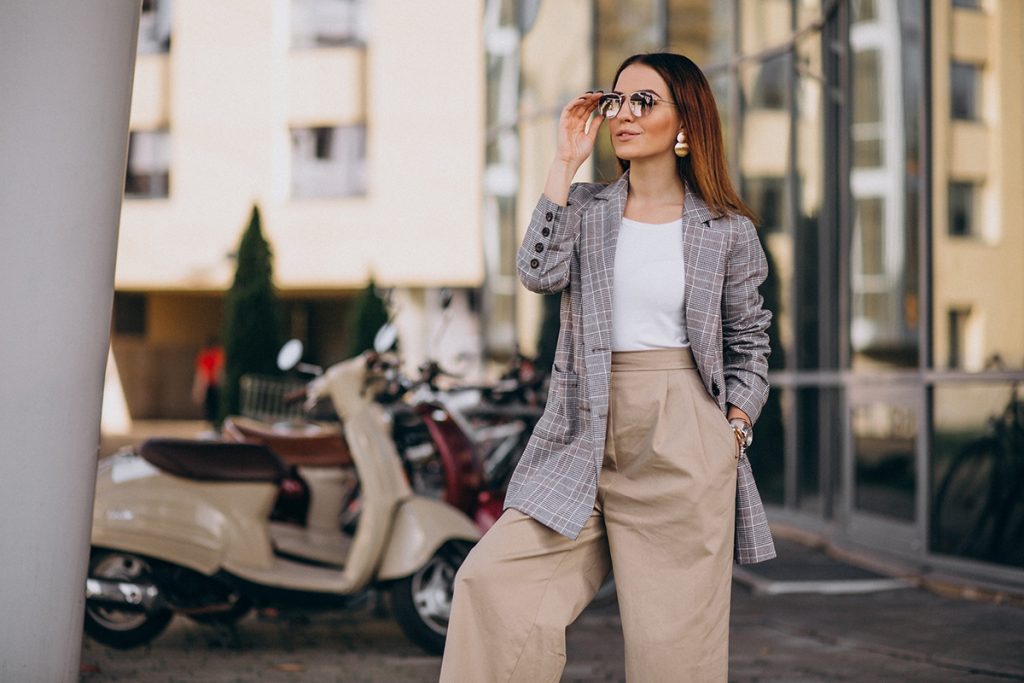
FAQ
What is the impact of social media on fashion trends?
Social media platforms such as Instagram, Facebook, and TikTok have a profound influence on fashion trends by enabling users to showcase their personal style. This facilitates the rapid dissemination of fashion trends as individuals share their outfits and looks with a wide audience. Moreover, influencers and celebrities who have a strong presence on these platforms play a crucial role in driving and popularizing new styles, inspiring their followers to embrace and modify these trends.
How do influencers influence fashion trends on social media?
Influencers, especially those with a substantial number of followers, play a pivotal role in shaping fashion trends on social media. Their followers often turn to them for fashion inspiration and guidance. Influencers collaborate with fashion brands to showcase new collections, participate in fashion shows, and curate engaging content that highlights specific styles. By doing so, they have the power to influence their audience’s fashion choices and preferences, thus contributing to the emergence and popularity of fashion trends on social media.
How can brands utilize social media to stay ahead of fashion trends?
To stay abreast of fashion trends, brands can effectively leverage social media platforms. This can be achieved by actively monitoring popular hashtags related to fashion, following influential trendsetters and fashion-forward individuals, and engaging with their target audience on these platforms. By immersing themselves in the digital fashion landscape, brands can gain valuable insights into emerging trends and preferences, enabling them to create products that align with the tastes and desires of their target audience.
In what ways has social media brought about democratization in the fashion industry?
Social media has played a transformative role in democratizing the world of fashion by providing a platform for individuals to express and showcase their personal style, regardless of their background, geographical location, or financial means. This inclusivity has led to the emergence of a diverse range of trends and styles, influenced by various cultures and communities. As a result, the fashion landscape has become more vibrant, inclusive, and reflective of the diverse voices and perspectives found across different social media platforms.
Are there any adverse effects of social media on fashion trends?
Although social media has had a profound influence on fashion trends, it has also contributed to certain negative consequences. One such impact is the emergence of a fast-fashion culture characterized by a relentless pursuit of constant novelty. This has led to shorter product life cycles, contributing to environmental concerns due to the excessive production and disposal of clothing.
Furthermore, the pervasive nature of social media can perpetuate unrealistic beauty standards, leading to issues surrounding body image and self-esteem. The constant exposure to carefully curated images and the pressure to conform to societal ideals can have detrimental effects on mental health.
It is important to recognize and address these negative aspects while embracing the positive aspects of social media’s influence on fashion trends.
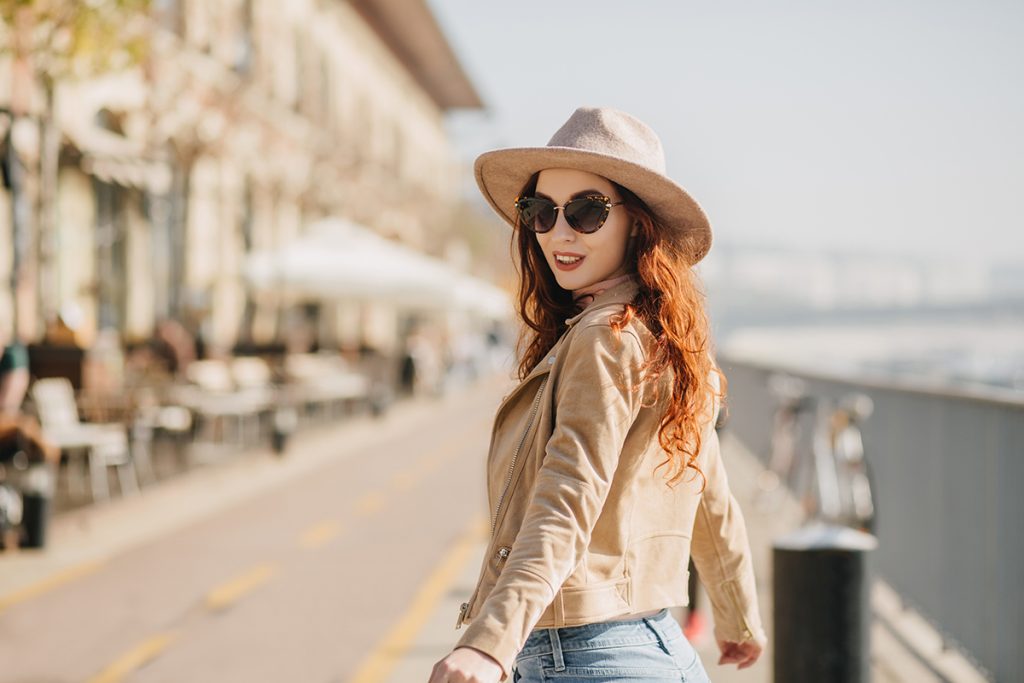
The influence of social media on the world of fashion conclusion
To summarize, the dynamic partnership between social media and fashion trends has unquestionably transformed our perception and engagement with style.
This synergistic connection has not only enhanced the accessibility and inclusivity of fashion but has also sparked a surge of creativity and individual expression on a global level.
While this digital era has facilitated remarkable progress and opportunities for the world of fashion, it also demands a mindful approach to address challenges such as fast fashion, excessive consumerism, and mental health concerns.
It is incumbent upon us to navigate this landscape with wisdom and mindfulness, leveraging this influential tool to shape a more sustainable and positive future in the realm of fashion.






